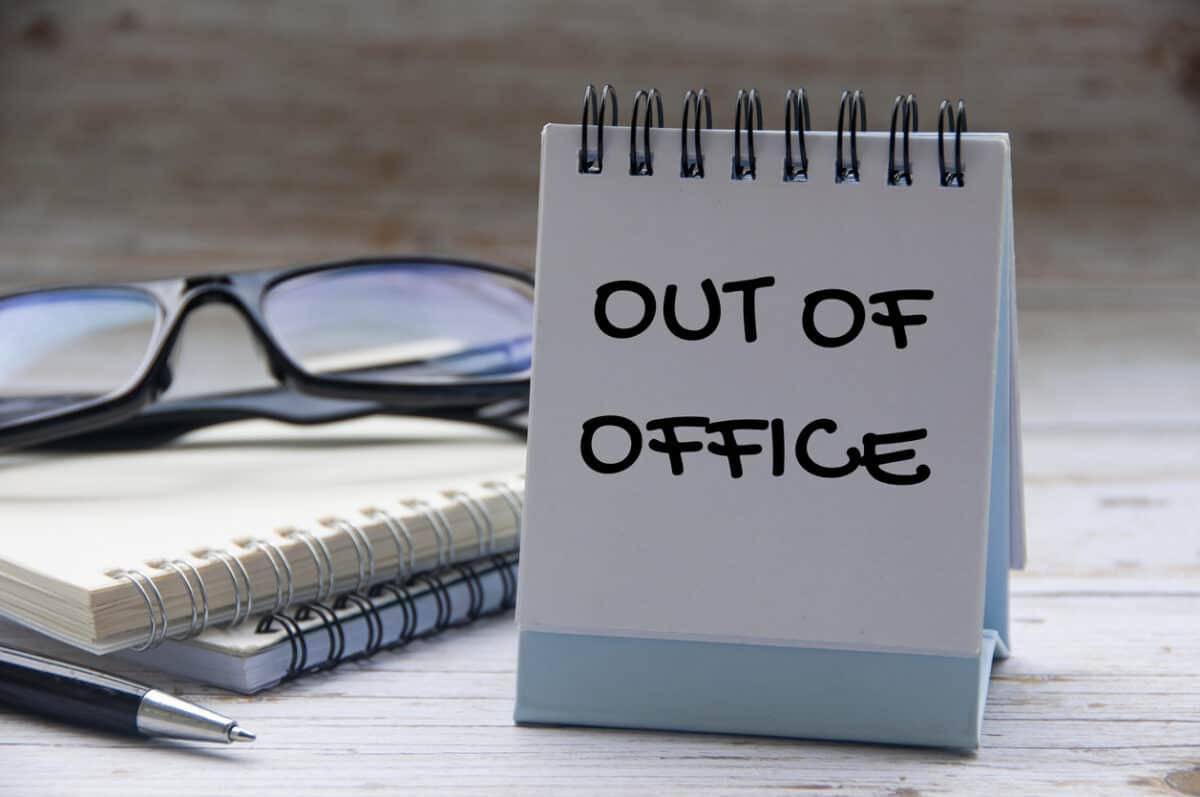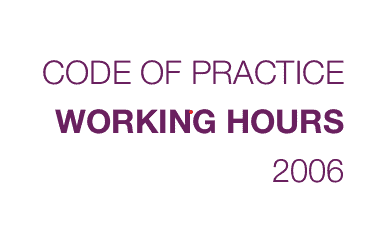More management myths busted
Occupational health and safety (OHS) is rife with ideas that refuse to die even though they are not supported by evidence. OHS management is dominated by a belief that Executive Leadership is either the answer or the first place to start change. Leadership and OHS are dangerously intertwined. Perhaps an assessment of Zombie Leadership is …







